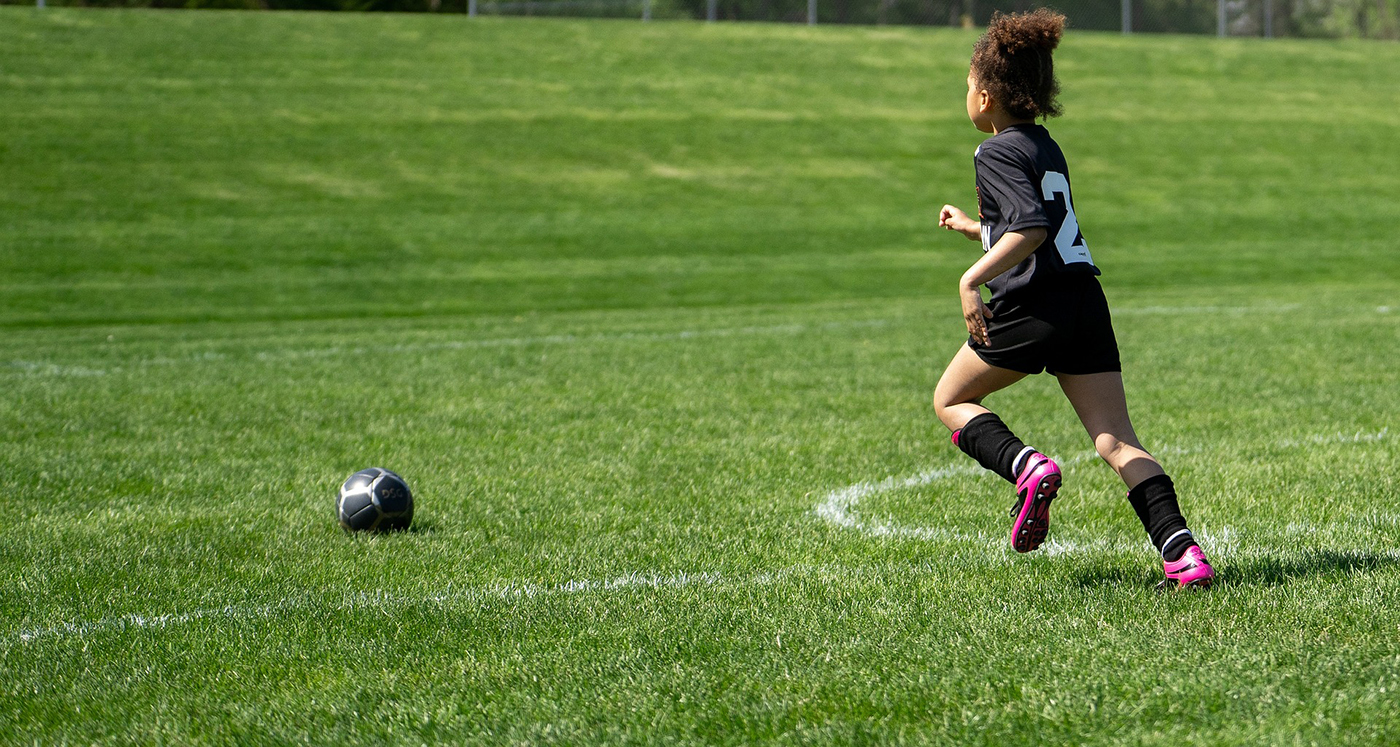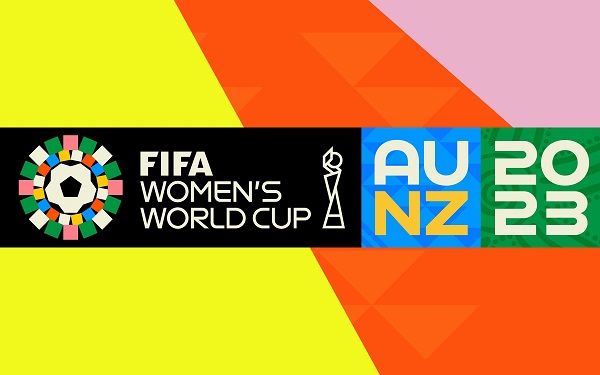These plans are no longer an afterthought, instead they are integrated into the event planning process from the outset and can increasingly influence the decision as to who wins the bidding process to host a major sports event.
The 2023 Women’s World Cup in Australia and New Zealand is no exception, and while much of the focus will be on the competition and the performances on the pitch, legacy plans have been developed to capitalise on the tournament and secure several wider and longer-term benefits. It is also the first time that legacy planning has been directly associated with the Women’s World Cup, and along with the tournament being the first co-hosted Women’s World Cup, and the first to be hosted across two FIFA Confederations – Australia are members of the Asian Football Confederation (AFC) and New Zealand members of the Oceania Football Confederation (OFC) – it is a tournament of many firsts.
For New Zealand Football, co-hosting the World Cup is an unprecedented opportunity to promote the game. In conjunction with the wider football community in the Oceania region, they have developed their own comprehensive plan that aims to make the game ‘bigger, better and bolder for everyone’.
This plan is built on two core principles that
reflect the indigenous culture and identity of New Zealand. They are:
- Elevating the spirit and mana wāhine: The potential and strength of Polynesian women.
- Tūrangawaewae: A place to stand, our place of belonging. Our foundation, our place in the world, our home.
Alongside these two principles are a further four strategic pillars that support the plan:
- Whakamana: The power of opportunities and leading the way by breaking boundaries.
- Ara: Pathways that pave the way for future generations.
- Mana Ngātahi: Growing and strengthening the game through meaningful relationships.
- Tiaki: People and places, a game for all and a place of connection.
The four pillars each have specific targets that the New Zealand football community will work towards. These include creating opportunities for talented female footballers to remain playing in New Zealand, developing more female coaches, coach educators and leaders, creating a more effective talent pathway and building a stronger relationship with the Māori Football Aotearoa. This video, produced by New Zealand Football, provides an overview of the Legacy Plan.
To illustrate the importance of the World Cup legacy to New
Zealand and the wider region, the first ever Legacy Working Group has been
formed. This group is chaired by FIFA Council Member and President of New
Zealand Football Johanna Wood and has representatives from New Zealand
Football, Football Australia, the Oceania Football Confederation, the Asian
Football Confederation and FIFA. The purpose of the working group is to ensure
the legacy of the Women’s World Cup becomes something tangible and delivers on
the aspirations set-out in the legacy plans. Furthermore, the working group
will be evaluating and collecting evidence to demonstrate the extent to which the
tournament does make a positive contribution to the growth of women’s and girl’s
football. This is arguably the most important aspect of the groups work since
there is little evidence that legacy plans and programmes do in fact have a
meaningful and significant impact. Demonstrating the value of the tournament in
creating a lasting legacy and promoting transformational change is possibly the
most exciting aspect of the World Cup and it could show that the very idea of a
legacy from major sporting events is more than words in a glossy document.
Long after the winning team have collected the trophy the impact of the World Cup will continue to be felt within New Zealand and the wider Oceania region. It has the potential to be a catalyst for real change which grows the game at speed as this video illustrates.
Having a well thought through legacy plan, which is properly resourced, owned by the whole football community and backed by key stakeholders is absolutely vital to achieving the change highlighted in the video. It might also be a catalyst for the development women’s and girls’ sport more generally.
Find out more about the World Cup Legacy Plan.








Rate and Review
Rate this article
Review this article
Log into OpenLearn to leave reviews and join in the conversation.
Article reviews